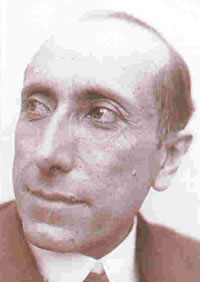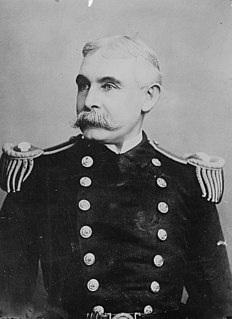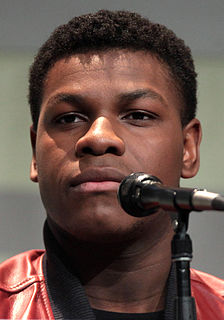A Quote by Freddie Ljungberg
Wenger simply doesn't like those who show a weakness. With him you generally feel as if you were in the army. It's only in public that he may appear to be some sort of man of liberal views. In reality, his credo is natural selection.
Related Quotes
Public values are not only under attack in the United States and elsewhere but appear to have become irrelevant just as those spaces that enable an experience of the common good are now the object of disdain by right-wing and liberal politicians, anti-public intellectuals and an army of media pundits.
The American business man cannot consider his work done when he views the income balance in black at the end of an accounting period. It is necessary for him to trace the social incidence of the figures that appear in his statement and prove to the general public that his management has not only been profitable in the accounting sense but salutary in terms of popular benefits.
It is generally allowed, that no man ever found the happiness of possession proportionate to that expectation which incited his desire, and invigorated his pursuit; nor has any man found the evils of life so formidable in reality, as they were described to him by his own imagination; every species of distress brings with it some peculiar supports, some unforeseen means of resisting, or powers of enduring.
Now let me step back from the problem and very generally discuss natural selection and what we know about it. I think it is safe to say that we know for sure that natural selection, as a process, does work. There is a mountain of experimental and observational evidence, much of it predating genetics, which shows that natural selection as a biological process works.
There is a kind of grandeur and respect which the meanest and most insignificant part of mankind endeavor to procure in the little circle of their friends and acquaintance. The poorest mechanic, nay, the man who lives upon common alms, gets him his set of admirers, and delights in that superiority which he enjoys over those who are in some respects beneath him. This ambition, which is natural to the soul of man, might, methinks, receive a very happy turn; and, if it were rightly directed, contribute as much to a person's advantage, as it generally does to his uneasiness and disquiet.
Every man, however hopeless his pretensions may appear, has some project by which he hopes to rise to reputation; some art by which he imagines that the attention of the world will be attracted; some quality, good or bad, which discriminates him from the common herd of mortals, and by which others may be persuaded to love, or compelled to fear him.
God works in mysterious ways. Things may look good outwardly, but there may be evil contained inside. Let no one be deluded by pride that he himself has conceived good ideas or done good deeds. If everything were as it seemed, the Prophet would not have cried out with such illuminated and illuminating perspicacity, Show me things as they are! You make things appear beautiful when in reality they are ugly; You make things appear ugly when in reality they are beautiful. Show us therefore each thing as it is lest we fall into a snare and be ever errant.
Throughout his last half-dozen books, for example, Arthur Koestler has been conducting a campaign against his own misunderstanding of Darwinism. He hopes to find some ordering force, constraining evolution to certain directions and overriding the influence of natural selection. [...] Darwinism is not the theory of capricious change that Koestler imagines. Random variation may be the raw material of change, but natural selection builds good design by rejecting most variants while accepting and accumulating the few that improve adaptation to local environments.




































